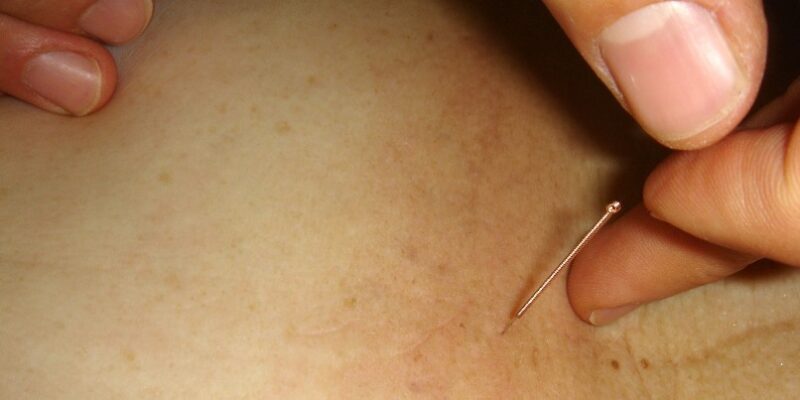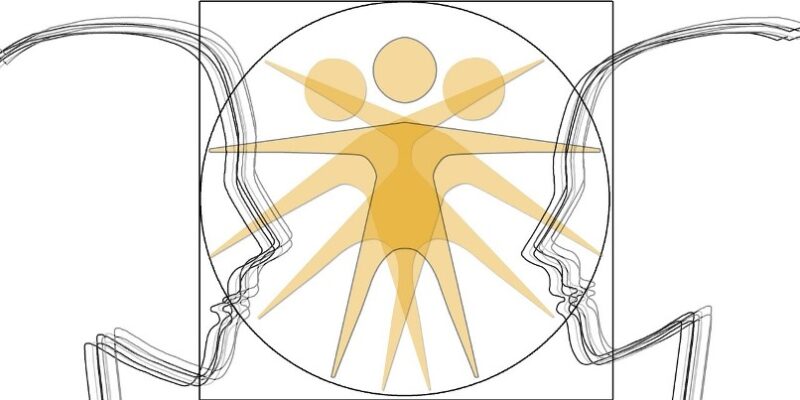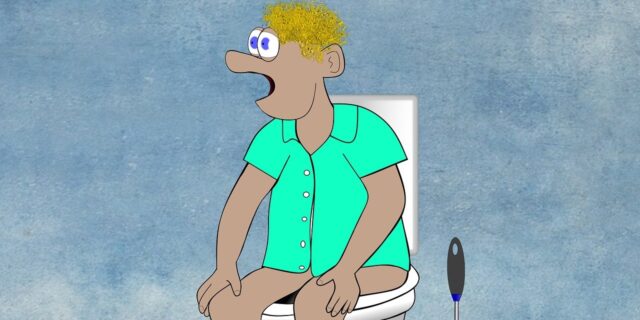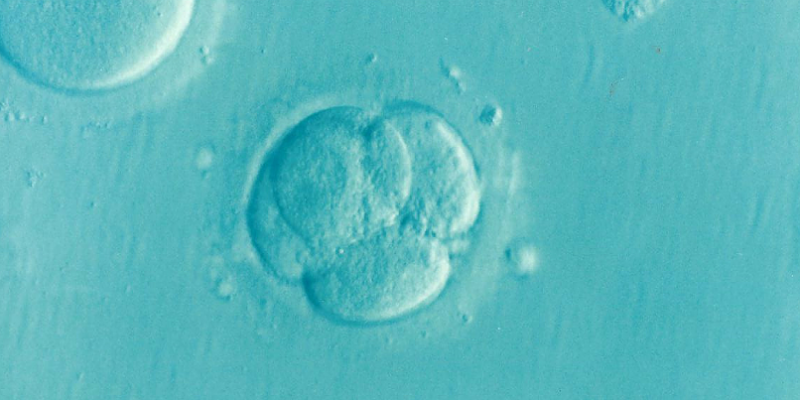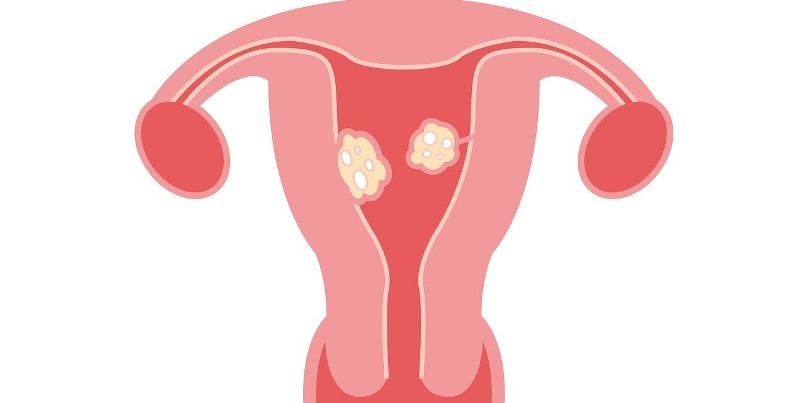
Uterine Fibroids — also known as Uterine Leiomyomas — are benign, smooth tumors that grow from muscle layers of the uterus. The size of fibroids can vary significantly: from a few millimeters up to twenty, thirty centimeters or more.
Most women don’t have symptoms but others may have painful or heavy menstrual periods. Additionally, fibroids may give pressure on the bladder causing frequent urination issues. They may also cause painful sexual intercourse, constipation, or lower back pain and sometimes fibroids can lead to difficulties becoming pregnant and/or experiencing a difficult pregnancy.

Although rare, uterine fibroids may cause infertility because they can make it more difficult or even impossible for a fertilized egg to attach itself successfully in the uterus.
Nevertheless, the causes of uterine fibroids remain rather unclear, but there are indications of genetic origin, obesity, and also the influence of hormone levels, notably estrogen.
Generally, four types of fibroids are recognized: intramural, subserosal, submucosal fibroids, and cervical fibroids. In fact, the name of the type of fibroid merely depends on its specific location in the uterus.
Most fibroids do not need treatment unless, of course, they are causing heavy symptoms. After menopause, uterine fibroids usually have the tendency to shrink or even disappear totally because of lower hormone levels.
If treatment is needed, options generally are medication, ultrasound, and/or surgery.









